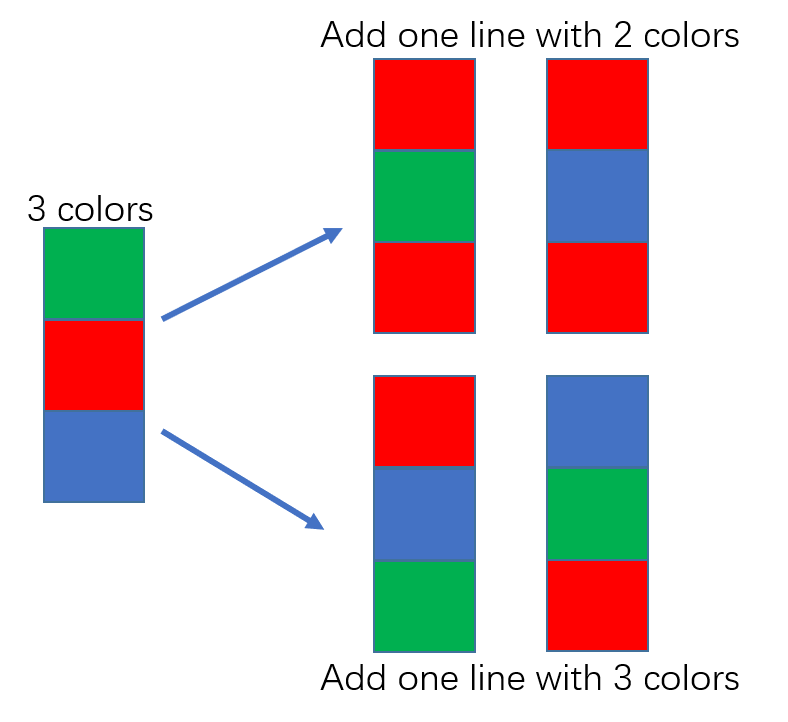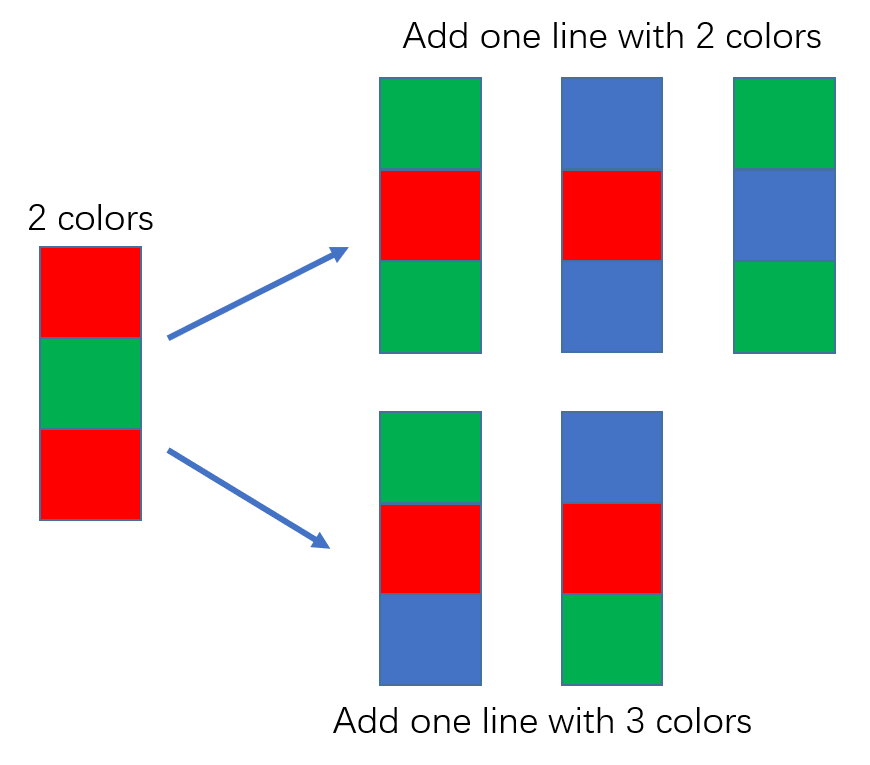1396. Design Underground System
Implement the class UndergroundSystem that supports three methods:
1. checkIn(int id, string stationName, int t)
- A customer with id card equal to
id, gets in the station stationName at time t. - A customer can only be checked into one place at a time.
2. checkOut(int id, string stationName, int t)
- A customer with id card equal to
id, gets out from the station stationName at time t.
3. getAverageTime(string startStation, string endStation)
- Returns the average time to travel between the
startStation and the endStation. - The average time is computed from all the previous traveling from
startStation to endStation that happened directly. - Call to
getAverageTime is always valid.
You can assume all calls to checkIn and checkOut methods are consistent. That is, if a customer gets in at time t1 at some station, then it gets out at time t2 with t2 > t1. All events happen in chronological order.
Example 1:
Input
["UndergroundSystem","checkIn","checkIn","checkIn","checkOut","checkOut","checkOut","getAverageTime","getAverageTime","checkIn","getAverageTime","checkOut","getAverageTime"]
[[],[45,"Leyton",3],[32,"Paradise",8],[27,"Leyton",10],[45,"Waterloo",15],[27,"Waterloo",20],[32,"Cambridge",22],["Paradise","Cambridge"],["Leyton","Waterloo"],[10,"Leyton",24],["Leyton","Waterloo"],[10,"Waterloo",38],["Leyton","Waterloo"]]
Output
[null,null,null,null,null,null,null,14.0,11.0,null,11.0,null,12.0]
Explanation
UndergroundSystem undergroundSystem = new UndergroundSystem();
undergroundSystem.checkIn(45, "Leyton", 3);
undergroundSystem.checkIn(32, "Paradise", 8);
undergroundSystem.checkIn(27, "Leyton", 10);
undergroundSystem.checkOut(45, "Waterloo", 15);
undergroundSystem.checkOut(27, "Waterloo", 20);
undergroundSystem.checkOut(32, "Cambridge", 22);
undergroundSystem.getAverageTime("Paradise", "Cambridge"); // return 14.0. There was only one travel from "Paradise" (at time 8) to "Cambridge" (at time 22)
undergroundSystem.getAverageTime("Leyton", "Waterloo"); // return 11.0. There were two travels from "Leyton" to "Waterloo", a customer with id=45 from time=3 to time=15 and a customer with id=27 from time=10 to time=20. So the average time is ( (15-3) + (20-10) ) / 2 = 11.0
undergroundSystem.checkIn(10, "Leyton", 24);
undergroundSystem.getAverageTime("Leyton", "Waterloo"); // return 11.0
undergroundSystem.checkOut(10, "Waterloo", 38);
undergroundSystem.getAverageTime("Leyton", "Waterloo"); // return 12.0
Constraints:
- There will be at most
20000 operations. 1 <= id, t <= 10^6- All strings consist of uppercase, lowercase English letters and digits.
1 <= stationName.length <= 10- Answers within
10^-5 of the actual value will be accepted as correct.
设计一个地铁记录系统。完整代码如下,使用system记录每条线路的用时和乘坐次数,使用starts记录每个人旅行起点。不用记录终点,因为checkout的时候,把起点取出计算用时即可。
class UndergroundSystem {
private:
map<string, map<string, pair<int, int>>> system_; // start->end, total time, #travels
map<int, pair<string, int>> starts_; // travel start station
public:
UndergroundSystem() {
}
void checkIn(int id, string stationName, int t) {
starts_[id] = make_pair(stationName, t);
}
void checkOut(int id, string stationName, int t) {
string start_station = starts_[id].first;
int start_time = starts_[id].second;
starts_.erase(id);
if (system_.find(start_station) == system_.end()
|| system_[start_station].find(stationName) == system_[start_station].end()) {
system_[start_station][stationName] = make_pair(0, 0);
}
system_[start_station][stationName].first += (t - start_time);
system_[start_station][stationName].second += 1;
}
double getAverageTime(string startStation, string endStation) {
return system_[startStation][endStation].first / double(system_[startStation][endStation].second);
}
};
本代码提交AC,用时744MS。

